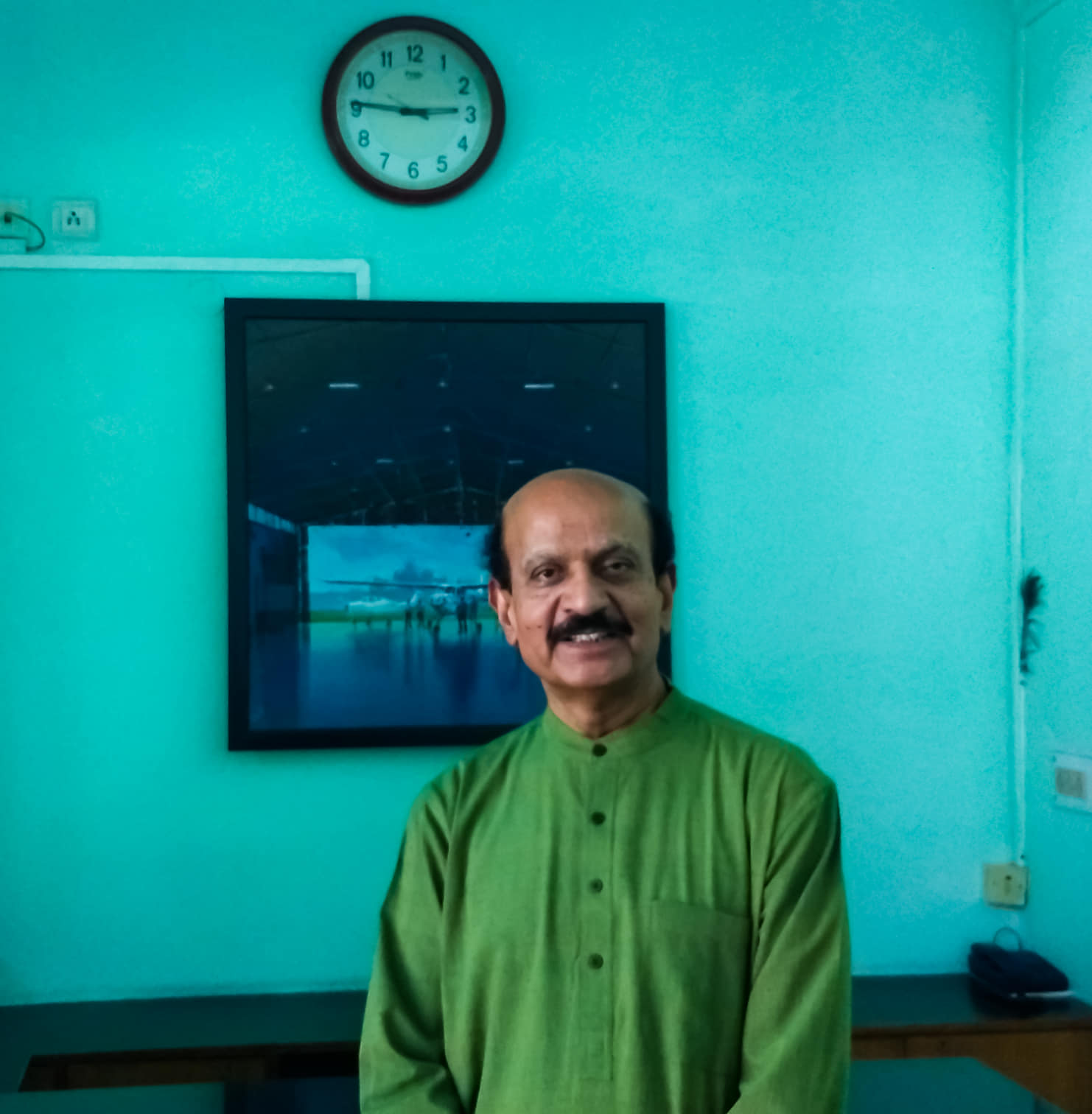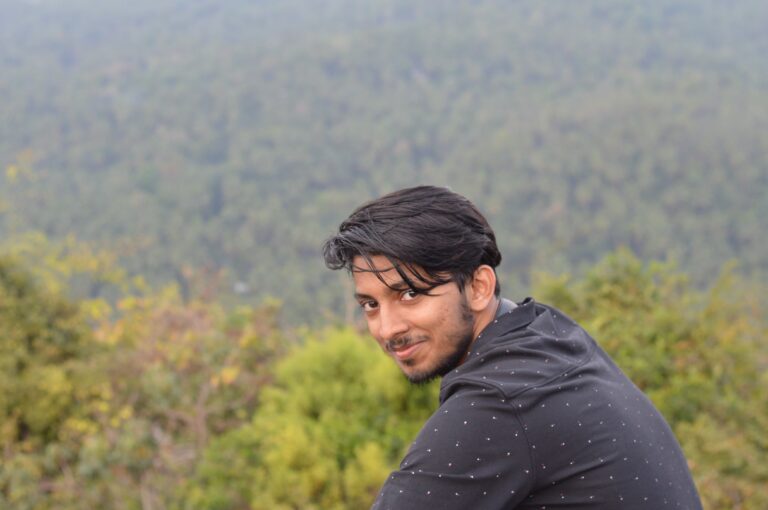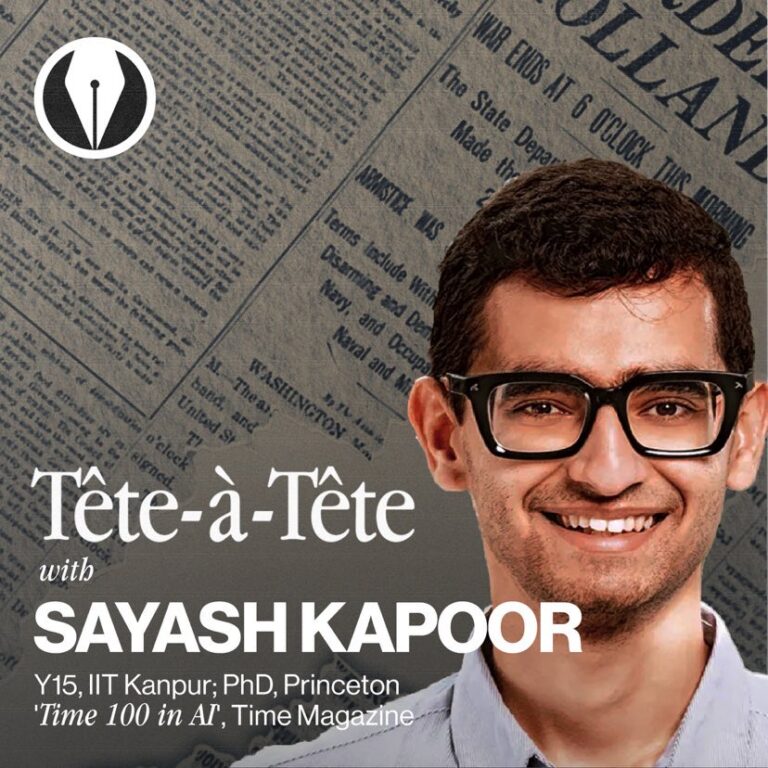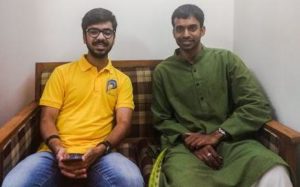Dr. BVR Mohan Reddy, a highly distinguished alumnus of IITK, graced the 52nd Convocation this year as the Chief Guest for the event. In times when the country was facing huge economic crises and was heading towards historical reforms, Dr. BVR Mohan Reddy started his entrepreneurial journey by founding the engineering services venture, Infotech Enterprises, in 1991. Infotech Enterprises was later rebranded as Cyient in 2014.
Apart from this Dr. BVR Mohan Reddy currently serves as the Chairman of IIT Hyderabad, as the Chairman of NASSCOM’s Sector Skill Council, and several other important leadership positions. He has previously served as the Chairman of NASSCOM in India in 2015-2016.
He has very recently donated Rs 1 crore towards endowment at IIT Kanpur for supporting the spirit of entrepreneurship among students.
With such accolades to his name, Vox was humbled at the opportunity to interact with the pioneer on the day of convocation. Here are excerpts from the same.
You were among the first generation of Entrepreneurs in India. The challenges back then must have been very different from what they are now. What were those challenges?
I started my company back in 1991 with no foreign Venture Capital funds in India. There were only 2-3 Indian Venture Capitals who were keener on protecting themselves. I used to very humorously tell one of them who funded me that they were “Vulture Capitals” and not Venture Capitals. They wanted to be very safe and conservative about what they did.
The second one is that the industry to which I belong to broadly called the IT industry has a superior infrastructure but in the initial days Bandwidth was rationed, we used to apply for bandwidth then wait in a queue as to who gets how much bandwidth at what point of time.
Also, there was a 100% duty on imported equipment. So these were the sort of challenges we had back then, comparatively now the ease of doing business has improved. Recognition for India has improved. In the 1990s, when we went to the USA to talk to customers, India’s image had not moved past the “land of Elephants and snake-charmers” in their eyes. Now the perception is far far different. Another advantage that people now have is in terms of the enormous improvements in technology. Technology is providing an immense amount of opportunities.
During your IIT days, what were those experiences which in your opinion were key in bringing you closer to the defining moments of your illustrious career?
Something very special for me about this campus was that the student-faculty interaction was very very intense and positive. The faculty treated the student as a friend. I used to live in Hall-5, and to this date, I recite this to people that every Sunday in Hall-5 we had a fairly large dinner with around 40 tables in the dining hall. On every table, there’d be a faculty member invited by some student or other and these invitations were not for grades! The amount of interaction this would harbor was enormous. Part of the reason this was possible was that all of the faculties lived right here on campus. In IITH where I am the Chairman, we still do not have all of the faculties on board, so this is something that should not be taken for granted.
What would be a piece of advice to an aspiring student entrepreneur?
This is the best time to become an Entrepreneur. I say this because Ease of doing business has improved, Technology is at its best and Infrastructure is in place. But if you really want to become an Entrepreneur look for a real problem, do not sit in your room and decide that a particular idea will make you an Entrepreneur, it’s the wrong way to go about.
Once you have identified a real problem, you should find a real solution that is distinctively different from the available solutions and that lasts for a long time. Also, the pace at which technology is advancing these days we can’t hope someone to do it all by themselves, you need proper teamwork to sustain.
So, in summary, you need three things: A real problem, a distinctively different long term solution, and a good team.
Credits- Aditya Trivedi, Pulkit Deshmukh
Interviewed and Edited by- Yash Kuwade











